If you would have told me a few years ago that I’d be standing on a stage cracking jokes about catheters and being in a wheelchair I would have laughed in your face.
I’d have told you you’d lost your wits; that you could call off the camera crew trying to pull this weird prank.
But it’s true. I get on stages across America and make light of the unthinkable: a brain hemorrhage that left me unable to walk, see properly, and function for several months until a craniotomy removed the destructive mass of blood swelling my brain.
What followed were months of rehabilitation relearning how to walk, see, and complete 3rd grade logic puzzles from the confines of a wheelchair.
What could this behavior possibly serve? And what have I learned along my journey?
1. Distraction=Survival
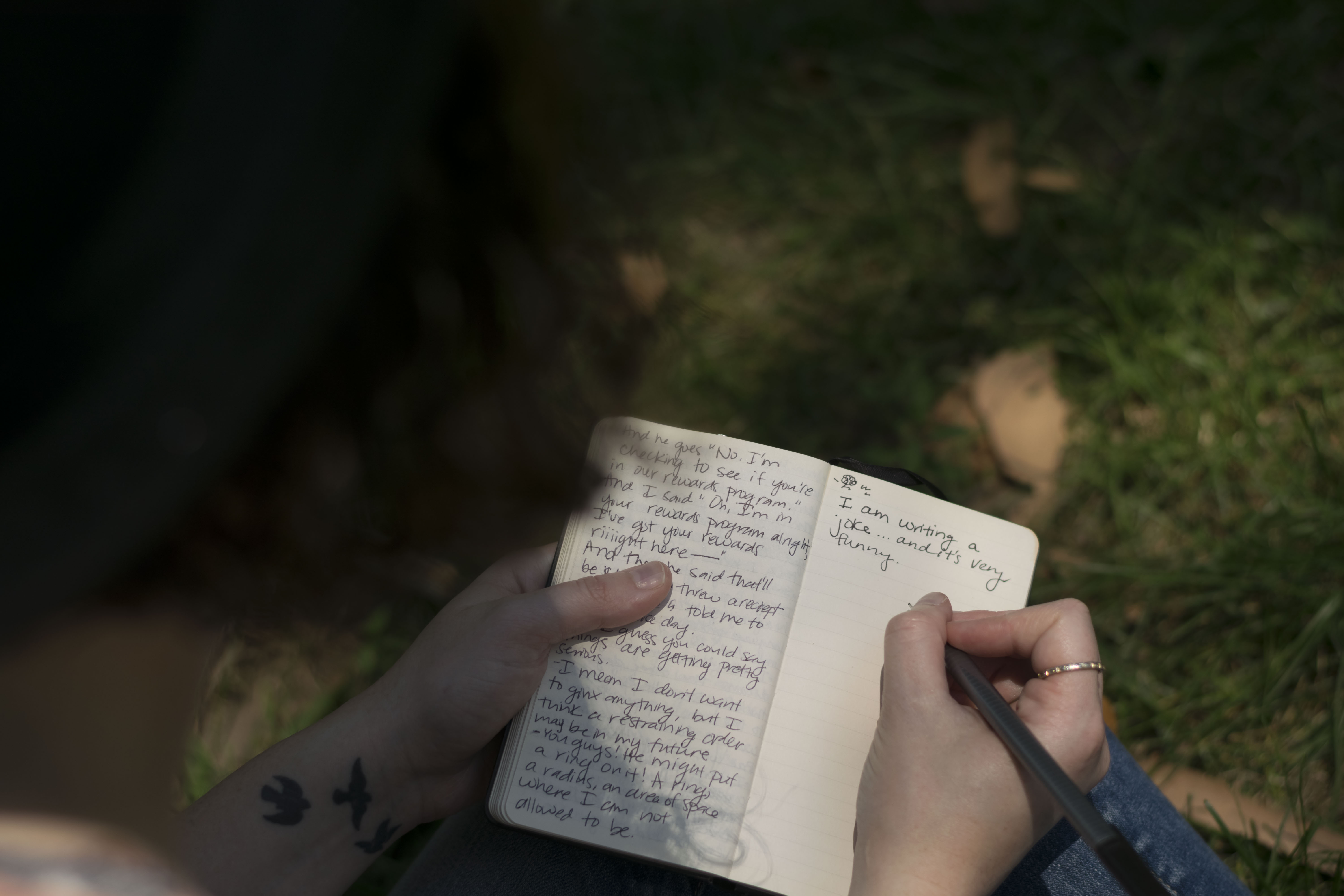
It probably comes as no surprise, but learning that your brain is bleeding is all kinds of terrifying. What? How? For how long? Am I going to die?
The questions stacked inside my gooey noggin’ for weeks after learning of my diagnosis. There were many phases to hearing this news, from shock to denial to utter despair.
But the shock stuck with me. So much so that I didn’t really realize I was actually sick. So I started joking about it to keep that feeling going, the total randomness of it all.
This is scary, I thought, I’m going to think about something else instead. Hey, aren’t these big red tubes in my arms funny looking? Which one do you think is keeping me alive?
It was a matter of keeping myself distracted so that I wouldn’t tail-spin into panic attacks.
2. You’re going to confuse your friends and family
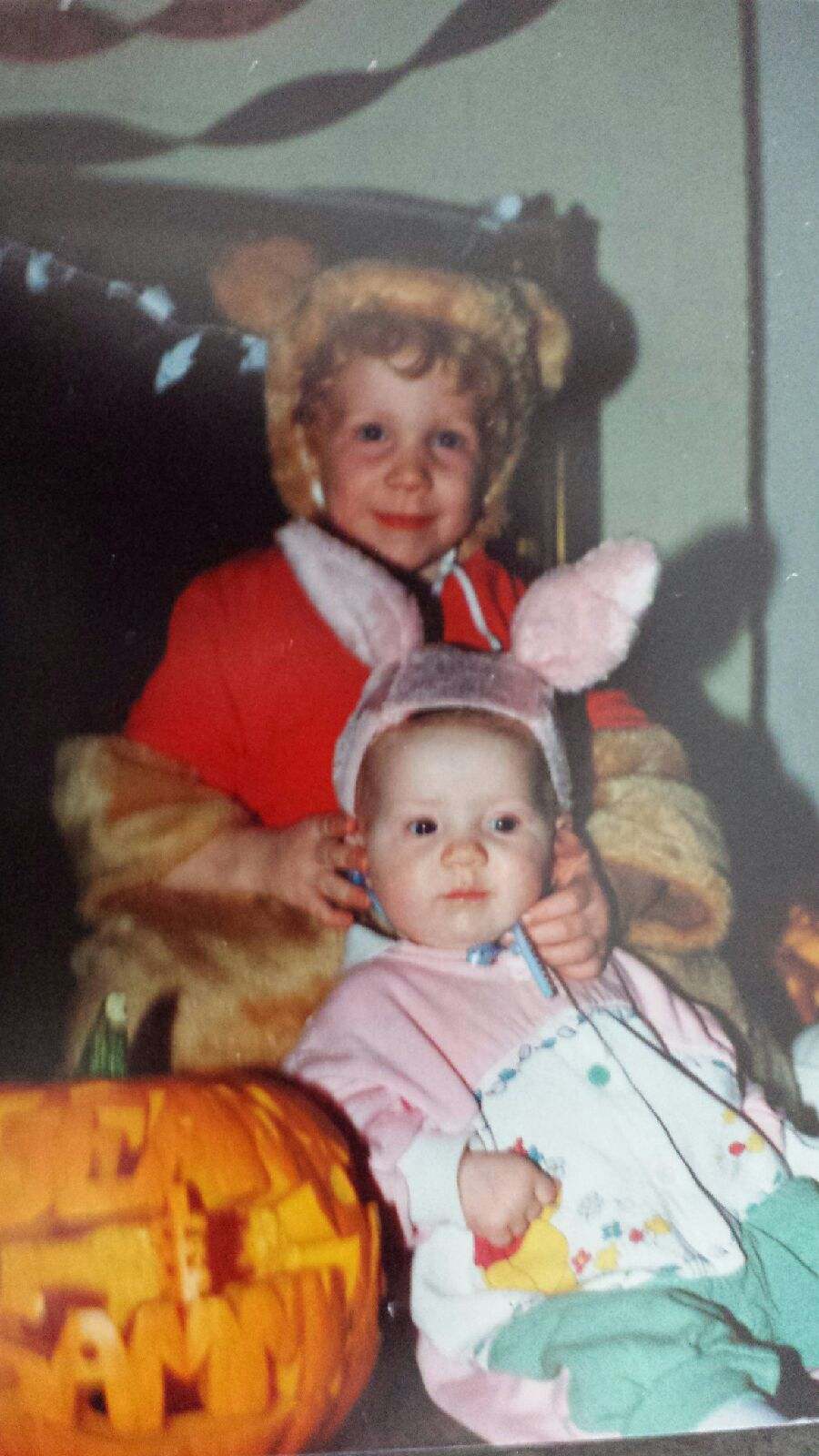
If comedy be your cure, be warned: Not everyone is going to be willing to shoot back one-liners with you.
In the wake of my diagnosis, everyone reacted in different ways.
My mom took to action, calling everyone she knew. Sisters, teachers, doctors, nurses, chiropractors; her phone became a permanent attachment on her ear. Dad was all about keeping everything like normal, bringing his computer to my hospital room to work while we watched a hockey game together. My sister and brother found ways to make me more comfortable by bringing me stuffed animals and candy.
Some of my friends indulged in my dark humor about death and what to do with all my belongings in my parent’s basement if the surgery went haywire, but others rose eyebrows and laughed nervously.
Hey, this isn’t everyone’s cup of tea. And that’s OK.
3. Be prepared for some inaction
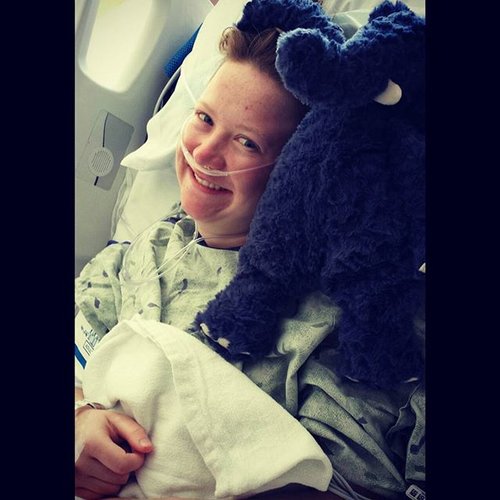
If you’re very sick, like I was, there is very little friends or family can logistically do to make you better again. Most try in the ways they know how, to support you during your recovery.
But I also found a significant percentage of inaction as well. Due to my constant stream of funny tweets and Snapchat banter, many of my friends who hadn’t seen me didn’t know how sick I actually was.
One good friend has told me years later:
“I had no idea you were that close to death. Had I known I would had dropped everything. You just seemed so OK with everything I thought you must not have been so sick.”
This wasn’t a lack of awareness on their part, but rather a result of my denial throughout the process. How could I expect them to react when I myself was the mayor of Denialville.
I came to terms with this over time and didn’t harbor any anger toward these friends for their inaction as I knew they always had my best intentions up front.
4. Humor cannot replace therapy, medication, and regular MRI scans
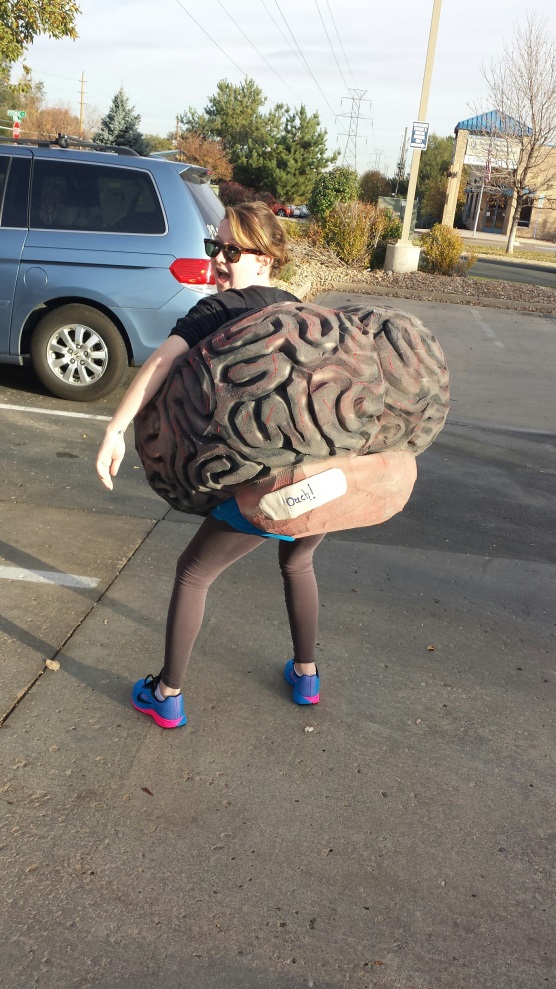
Making light of my situation aided in my recovery. It helped me shelf some immediate fear and panic so that I could get through each day.
But that was its sole purpose: to shelf it. I still had to deal with all of these things later.
Health trauma, while hopefully temporary, can lead to lasting effects that should not go unchecked down the road. For me, it has been some PTSD symptoms, stress dreams, and becoming triggered in certain settings.
It shouldn’t shock you when I say that after my brain hemorrhage occurred while teaching high schoolers, I was more than a little hesitant to stay in the profession.
Be aware of the purpose your reactions are serving and don’t be afraid to seek medical help when you need it.
5. Your outlook on life in general will improve

I was always a pretty happy-go-lucky person before, but I found that using comedy to counteract negative feelings during my health crisis lead to an improved view on life overall.
Once I got past the major healing required to resume my life, I was left with an overwhelmingly positive outlook on my day to day life.
Burnt toast? Stuck in traffic? Emails piled so high I can barely see?
Are these things annoying? Sure. But nothing could ever be as bad as that time I needed to use a call button to get a nurse so that they could help me use the bathroom.
And did I mention I can see? Yeah, that’s pretty awesome considering what I went through. That puts everything in perspective.
And there you have it!
I could come up with a million more lessons, tiny and life-changing, that I’ve learned since my brain exploded one fine day in my little classroom.
And I still have so much learning to come. I’ll make some mistakes along the way-yes, a lot of mistakes, but I’ll never stop making comedic gold out of what I’ve been through.
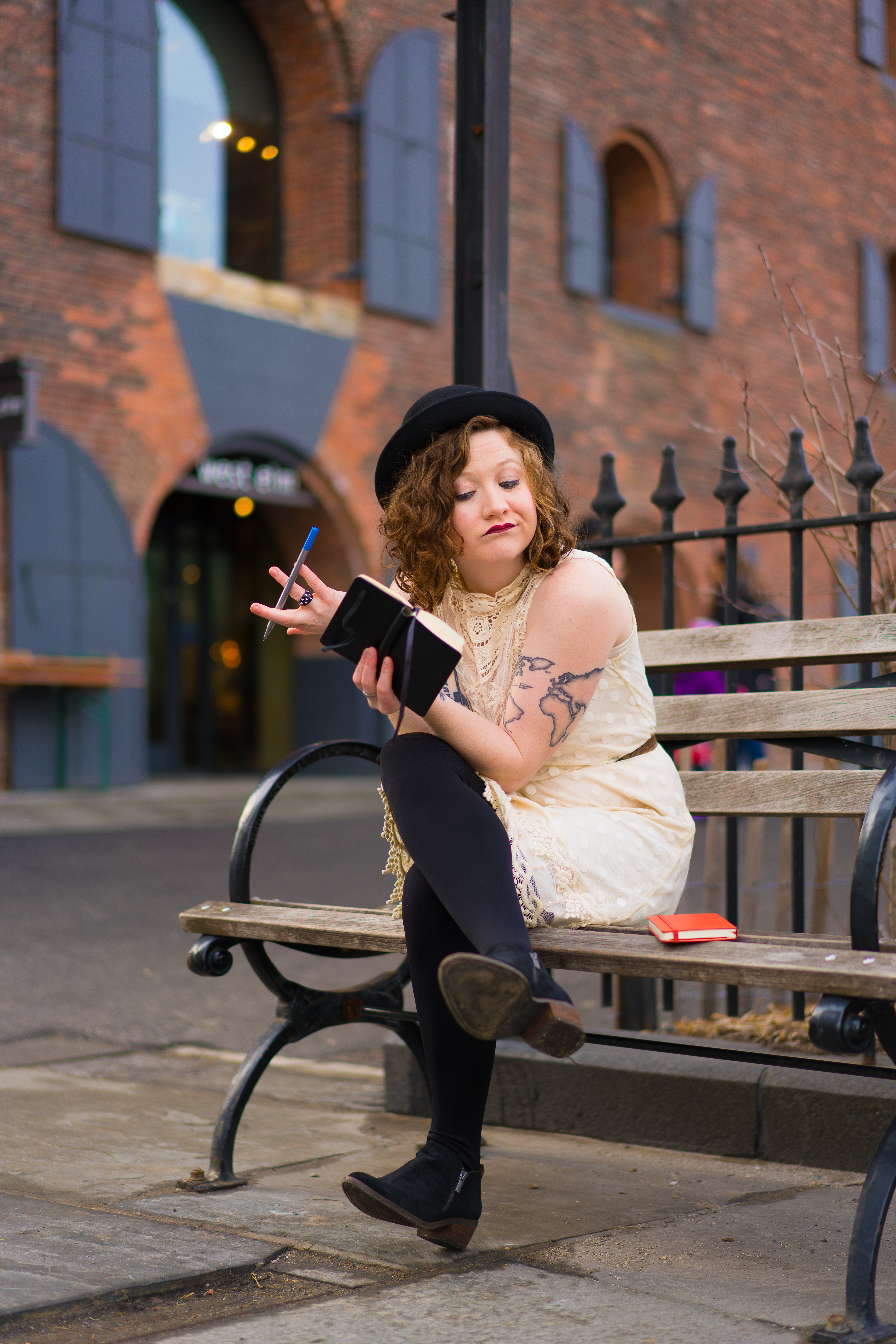
After all, what’s funnier than a catheter, amiright?


